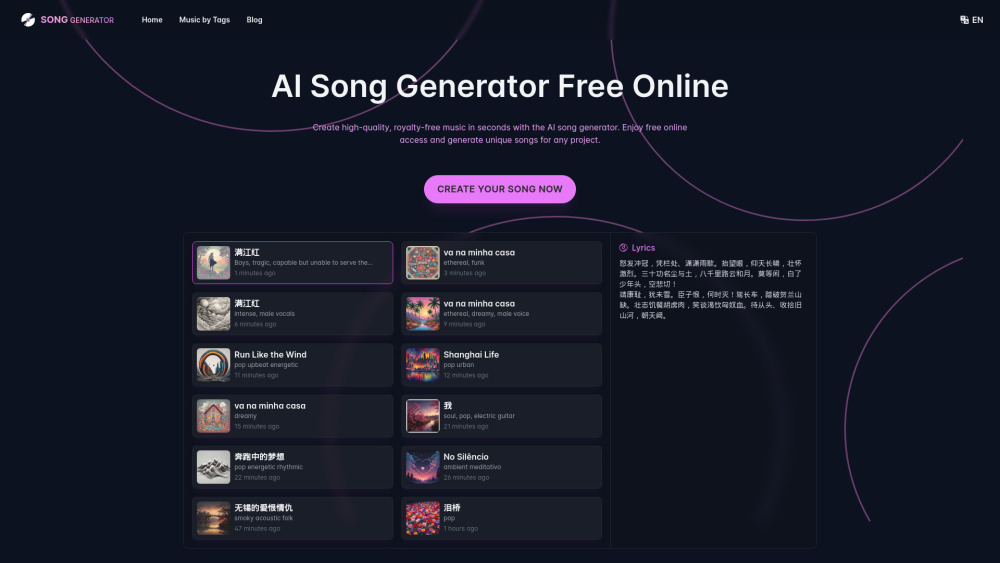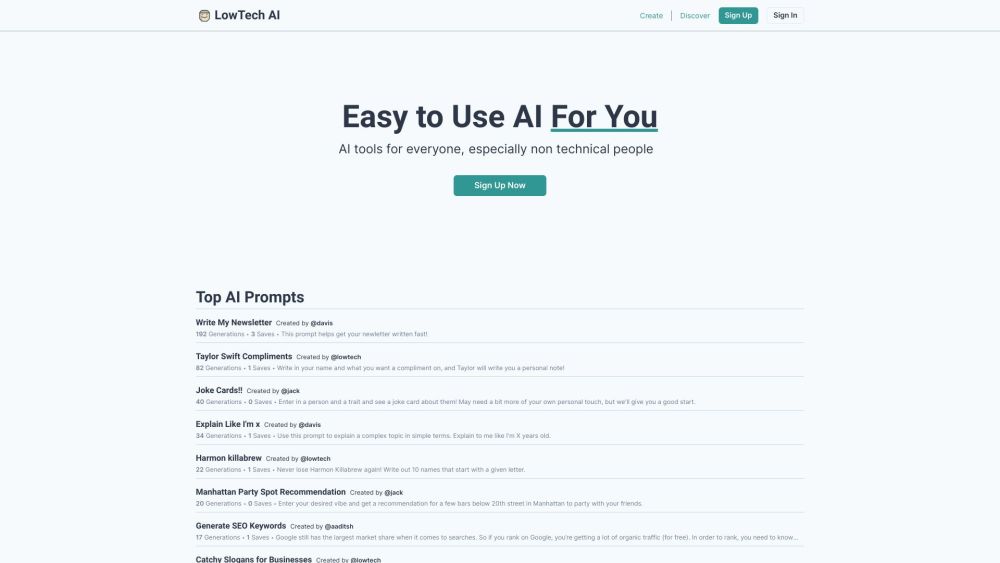The Excitement Around Generative AI Remains Unstoppable
The buzz about generative AI continues to thrive. A prime example is Pika, a startup developing an innovative AI-powered platform designed to edit and generate videos from captions and still images. Today, Pika announced it secured $55 million in funding, led by Lightspeed Venture Partners, with contributions from Homebrew, Conviction Capital, SV Angel, and renowned angel investors like Quora founder Adam D’Angelo, former GitHub CEO Nat Friedman, and Giphy co-founder Alex Chung.
This investment comes just six months after Pika's debut from stealth mode and aligns with the early access launch of "Pika 1.0," a cutting-edge suite of videography tools. This new release introduces a generative AI model capable of editing videos across various styles, including “3D animation,” “anime,” and “cinematic.”
“Video is central to entertainment, yet creating high-quality videos remains tricky and resource-heavy,” Pika stated in a blog post published today. “When we launched Pika six months ago, our goal was to push technological limits and design a streamlined video-making interface that’s accessible to everyone. We are thrilled to have built a community of half a million users who generate millions of videos weekly.”
Pika was co-founded by Demi Guo and Chenlin Meng, both former PhD students from Stanford’s Artificial Intelligence Lab. Before their studies, Guo was an engineer at Meta’s AI research division, while Meng contributed to multiple AI research papers, many focusing on generative AI.
In the competitive landscape of generative AI video tools, Pika faces rivals like Runway and Stability AI. However, Pika 1.0 aims to distinguish itself through a variety of innovative features. For instance, it includes a tool that can extend existing videos or transform styles, such as changing from “live action” to “animated,” or adjusting the canvas and aspect ratio. Another module employs AI to modify video content, like altering someone's outfit or adding characters.
We will need to evaluate these features when Pika 1.0 becomes widely accessible. Nonetheless, Lightspeed, an investor in Stability AI as well, demonstrates confidence in Pika’s platform, especially as tech giants like Google and Meta also announce plans for generative AI video tools.
“Just as new AI products have disrupted text and image creation, generative AI will democratize professional-quality video production,” said Michael Mignano of Lightspeed in a recent press release. “With its solid technical foundation and a passion for creativity, the Pika team is poised to transform how we visually share our stories. We’re excited to support their mission of empowering anyone to manifest their creative vision through video.”
Pika’s rapid ascent reflects the ongoing and growing demand for diverse generative AI solutions, from applications like Midjourney and DALL-E 3 to ChatGPT.
According to a recent IDC report, generative AI investments are expected to jump from $16 billion this year to an impressive $143 billion by 2027. Although generative AI currently represents only 9% of the total AI expenditure in 2023, that figure is projected to increase to 28% within five years.
This spending trend appears warranted. A recent survey indicated that Gen Z is increasingly adopting generative AI, with 79% of teenagers aged 13-17 in the U.K. reporting usage of generative AI tools, apps, and services, including ChatGPT and Snapchat’s My AI.
However, it's worth noting that Gen Z may not be the primary financial supporters of generative AI. Enterprise customers, typically the biggest spenders, face challenges in implementing various forms of this technology. O’Reilly’s 2023 generative AI in the enterprise report highlights that 26% of corporate AI adopters are still in the preliminary stages of testing generative AI. Companies express concerns about potential challenges related to unexpected outcomes, security, safety, fairness, bias, and privacy. Difficulties in identifying practical business applications and lingering legal questions—such as copyright ownership of AI-generated content—further hinder generative AI's advancement, as do poorly conceived and executed AI solutions.




